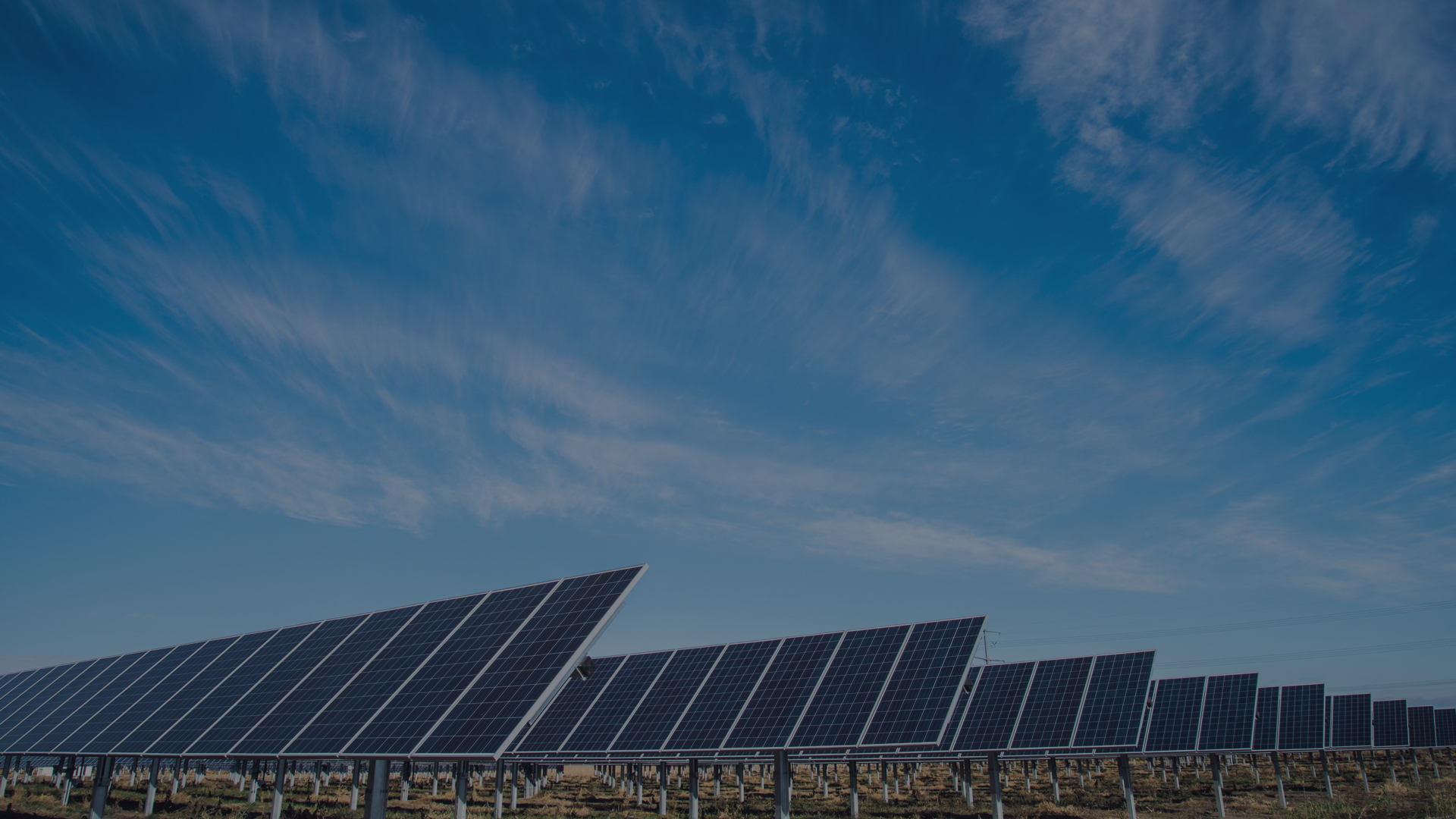Earlier this month British Gas announced that its energy costs will rise by an average of six per cent as of November 16th. This increase in tariffs has since been echoed by a 1.4 per cent rise by Scottish Power (already the most expensive energy provider), and it looks like several of the other 'Big Six' energy providers could soon follow suit.
Since these announcements, there has been widespread concern that more households will join the six million already in fuel poverty.
YouGov's recent survey of the British public has further emphasised this fear as "UK consumers believe that a rise in energy prices is the biggest threat to their standard of living over the coming year".
Figures from the body's Household Economic Activity Tracker (HEAT) have highlighted that rising energy prices now concern the British public more than unemployment and rising inflation.
Commenting on the findings, Joe Twyman, YouGov Director of Political and Social Research, said: "The UK’s consumers are aware that Britain’s major energy suppliers are all expected to raise prices over the next few months, and the results of our survey clearly indicate they are very concerned about the impact that change will have on their household’s finances.
"The degree to which consumers are worried about energy prices compared to things like unemployment is particularly interesting and is a reflection of the fact that the rise in energy prices this winter in something that is going to affect everyone."
It has been predicted that by December, the average household bill will stand at £1,312 per annum – up from just £552 in 2004.
With nine out of ten properties expected to ration their energy usage this winter, increasing numbers of households are looking to alternative methods of heating.
A solar thermal heat system can provide up to 60 per cent of a home's heating and up to 15 per cent of its hot water in winter.
With the government's cashback incentive for energy saving home improvements, now could be the perfect time to seek out renewable heating alternatives.
